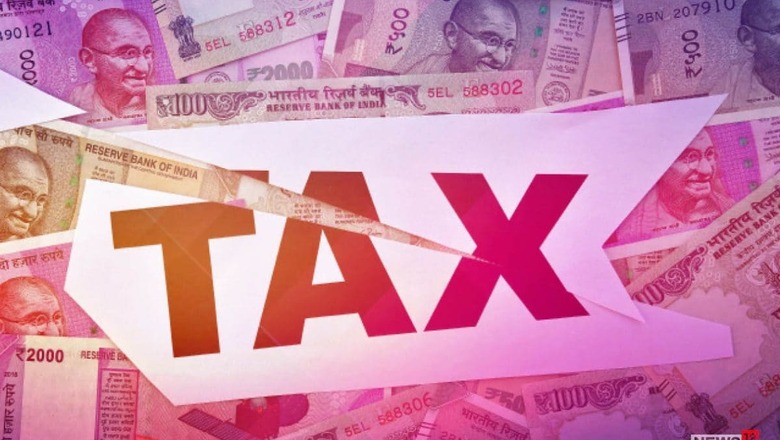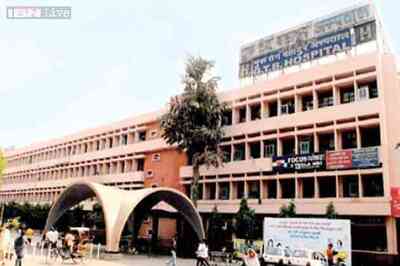
views
The Union Budget 2022 presented in Parliament on Tuesday had generated much expectations from the common man grappling with the impact of the Covid -19 pandemic. It was expected that the highest tax slab rate would come down from 30 per cent to 25 per cent, with a corresponding increase in the limit from Rs 10 lakh to Rs 20 lakh. It was also expected that the government could propose an additional deduction for “work from home” considering that at present, employees are working from home across businesses and are incurring additional “work from home” related expenditure, such as internet charges, rent, electricity, and furniture. Expectations were high on the increase in the limit of Section 80C of the Income tax Act, 1961 (Act).
However, no such changes were proposed. Instead, the Finance Minister steered the proposals towards three critical aspects namely, simplification, increase in compliance and voluntary reporting and reducing litigation.
The government has proposed filing of an updated return in a case wherein the taxpayer has not reported certain income to tax and disclosed the same in the tax return. The current tax laws provide a time period of 9 months from the end of the relevant financial year to file a belated return or revised return, as the case maybe. However, considering that this additional timeline for filing a revised/belated return may not be adequate, and to motivate the taxpayer towards the desired objective of voluntary tax compliance, the Budget proposes that the taxpayers can file an “Updated Return” on payment of additional tax.
This updated return can be filed within three years from the end of the relevant financial year. An additional amount equal to 25 per cent per year is proposed to be levied where return is filed within two year from the end of the relevant financial year, or 50 per cent if filed after two years but before three years. The additional tax is payable on the tax and interest due on the additional income furnished in the updated return.
Further, the long-term capital gains arising on listed equity shares, equity-oriented funds are liable to maximum surcharge of 15 per cent; in contrast, the other long term capital gains (e.g. LTCG on Immovable property or LTCG on shares of unlisted companies) are subjected to a graded surcharge which can go up to 37 per cent depending upon the total income of the person. Accordingly, as a step towards rationalization of the said provision, the FM has proposed to cap the surcharge on long term capital gains arising on transfer of any type of capital asset to 15 per cent. This is a beneficial move and should give a boost especially to the start-up community.
Keeping in line with the recent trends, the Budget proposes to levy tax on sale or gift of virtual digital assets (VDA) such as cryptocurrency, NFT etc. More people are today investing in crypto and Non Fungible Trusts (NFT). There has been a phenomenal increase in interest in such assets specifically from the millennials. Given the magnitude and frequency of these transactions, it was the need of the hour to provide clarity on taxability of such VDA. Accordingly, it has been proposed that any income from transfer of any digital asset (defined under the Act) including crypto and NFTs shall be taxed at the flat rate of 30 per cent. Deduction is proposed to be allowed only for the cost of acquisition and no other deduction is allowed. Similarly gift of such assets will also be taxable in the hands of the recipient.
While the Budget may have missed on the glamour, it seems to be a step in the right direction of ensuring compliance and reducing litigation. To what extent these are achieved will be seen in coming years.
Read all the Latest Business News here




















Comments
0 comment